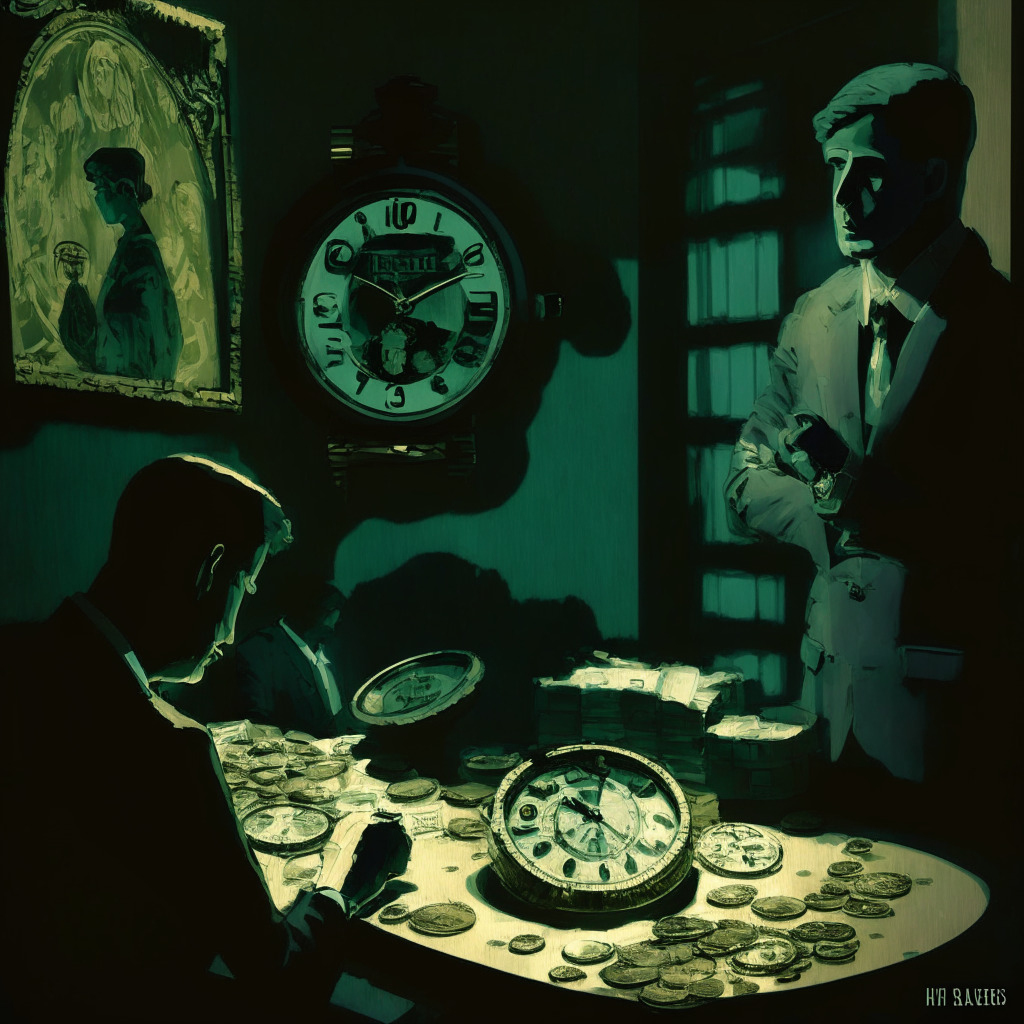In recent times, the Worldcoin project has thrust data privacy and personal identification matters under the spotlight, reigniting global dialogues surrounding the ethical implications of such ventures. Fuelled by the audacious ambition of creating a unique, biometrically verified digital ID for every inhabitant of the planet, Worldcoin – launched on July 24 this year – has left a global footprint, albeit under mixed reviews.
In essence, Worldcoin imbued the cryptocurrency realm with the $WLD token, which was initially distributed among the beta program participants who volunteered to undergo an iris scan securing them an airdrop yield of 25 $WLD. The central aim is crafting an internationally inclusive system where individuals can affirm their humanity online by building the World ID, acquired via an IrisCode scan.
While the ID is locked safely in the Worldcoin blockchain, supposedly securing user privacy, the World App doubles up as a digital vault for storing user credentials and also streamlines transactions with $WLD. As of August 11, an impressive tally of 2.2 million users have joined the network. However, the project has not escaped the eye of controversy.
The question of the ethical validity of trading biometric data – as sensitive as iris scans – for cryptocurrency tokens has spurred rightful concerns. After all, this model has the potential to manipulate the less privileged communities of the globe, drawing them into the ambit with luring promises of easy wealth in exchange for personal data.
John Wu, Ava Labs’ president, aired similar concerns during a CNBC interview citing the global necessity of a private, self-sovereign digital identity. The tokens’ overseas airdrop protocols have also surfaced in conversations, tweaking the project’s public perception.
Countries like Kenya have taken decisive positions against Worldcoin, even seizing its Nairobi offices. Furthermore, France, Germany, the UK, and others have initiated inquests into the project’s operational model, expressing deep apprehensions over the handling of extremely confidential user data.
Worldcoin’s promise, although backed by its believers, has also unfurled a wave of skeptics. For instance, Muvya Muthama’s cynical stand after examining Worldcoin’s whitepaper underlines a disconcerting, somewhat dystopian future that has many on edge.
Currently valued at $3 billion, Worldcoin’s projection as a digital identity mainstay comes with its share of challenges. The project’s ability to reconcile its lofty ambitions with legitimate ethical concerns, achieving a harmonious balance of technological innovation, privacy, and data protection will inevitably charter the course of Worldcoin’s trajectory in the future.
Source: Cryptonews




